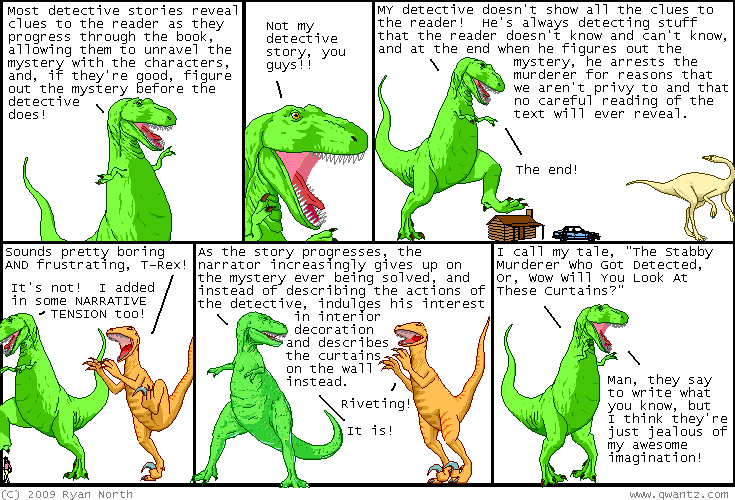Worth: 5% of final grade
Length/Format: Papers must be typed, and must be between 300-600 words long. Provide a word count on the first page of the paper. (Most programs like Microsoft Word & WordPerfect have automatic word counts.)
Assignment:
1) Pick an article from a newspaper, magazine, or journal in which an author presents an argument for a particular position. I will also provide some links to potential articles at the course website. You are free to choose any article on any topic you want, but you must show Sean your article by Monday, Novemer 16th, for approval. The main requirement is that the author of the article must be presenting an argument. One place to look for such articles is the Opinion page of a newspaper. Here’s a short list of some other good sources online:
- The New Yorker
- Slate
- New York Review of Books
- London Review of Books
- Times Literary Supplement
- Boston Review
- Atlantic Monthly
- The New Republic
- The Weekly Standard
- The Nation
- Reason
- Dissent
- First Things
- Mother Jones
- National Journal
- The New Criterion
- Wilson Quarterly
- The Philosophers' Magazine
2) In the essay, first briefly explain the article’s argument in your own words. What is the position that the author is arguing for? What are the reasons the author offers as evidence for her or his conclusion? What type of argument does the author provide? In other words, provide a brief summary of the argument.
NOTE: This part of your paper shouldn’t be very long. I recommend making this about one paragraph of your paper.
3) In the essay, then evaluate the article’s argument. Overall, is this a good or a bad argument? Why or why not? Check each premise: is each premise true? Or is it false? Questionable? (Do research if you have to in order to determine whether the author’s claims are true.) Then check the structure of the argument. Do the premises provide enough rational support for the conclusion? If you are criticizing the article’s argument, be sure to consider potential responses that the author might offer, and explain why these responses don’t work. If you are defending the article’s argument, be sure to consider and respond to objections.
NOTE: This should be the main part of your paper. Focus most of your paper on evaluating the argument.
4) Attach a copy of the article to your paper when you hand it in. (Save trees! Print it on few pages!)
 TIP: It’s easier to write this paper on an article with a BAD argument. Try finding a poorly-reasoned article!
TIP: It’s easier to write this paper on an article with a BAD argument. Try finding a poorly-reasoned article!



 Here's some links on the
Here's some links on the 

 “How experts learn, they really learn by looking at their mistakes. And this can be an unpleasant way to live, because who wants to get home after a long day’s work and think about all the stuff you messed up that day. And yet that tends to be a very effective way to learn. As
“How experts learn, they really learn by looking at their mistakes. And this can be an unpleasant way to live, because who wants to get home after a long day’s work and think about all the stuff you messed up that day. And yet that tends to be a very effective way to learn. As 

